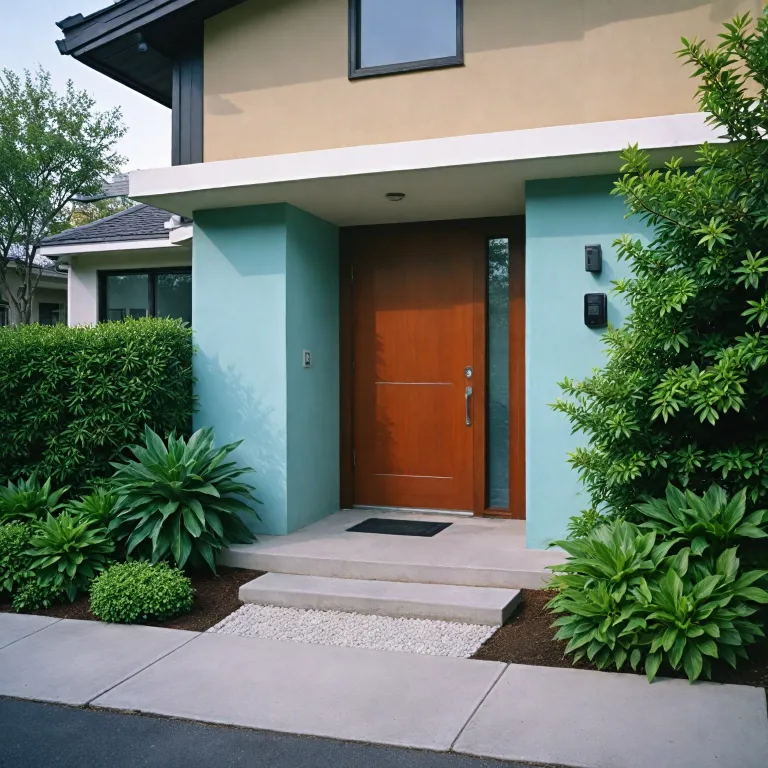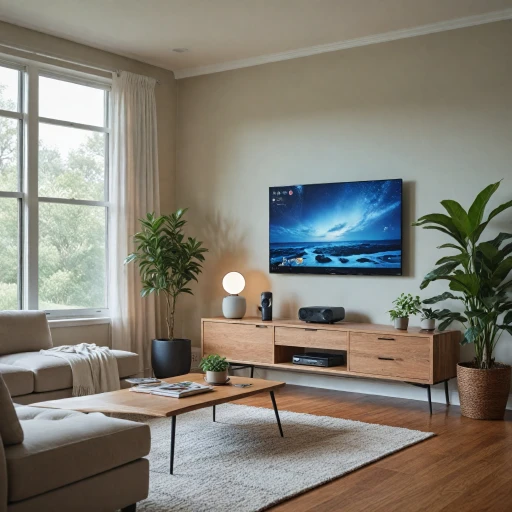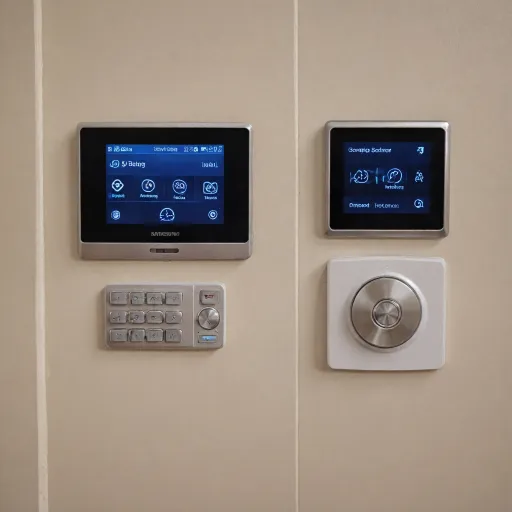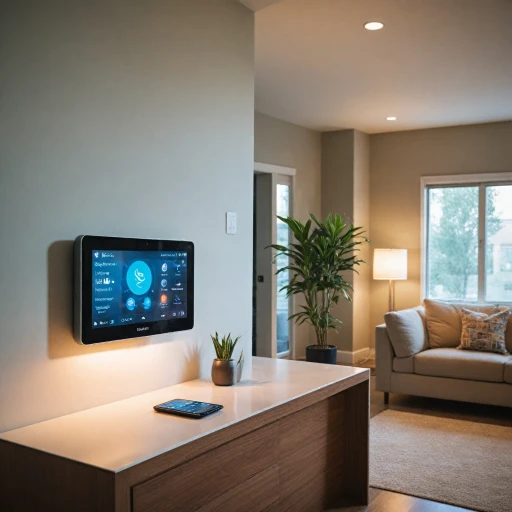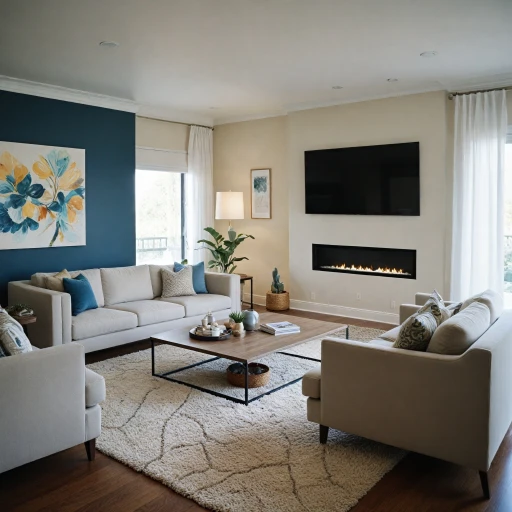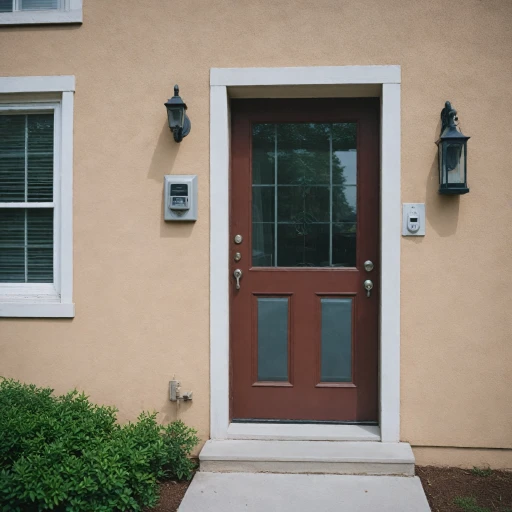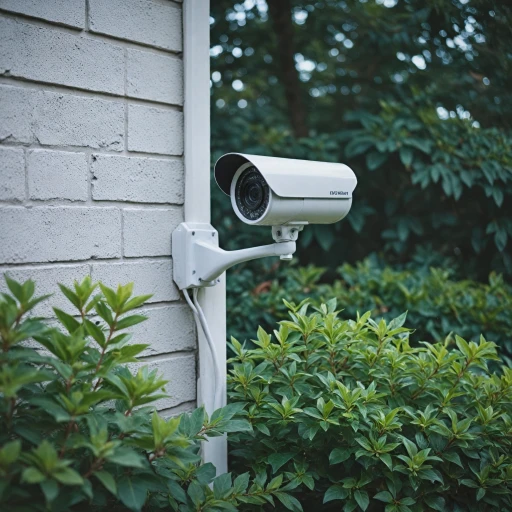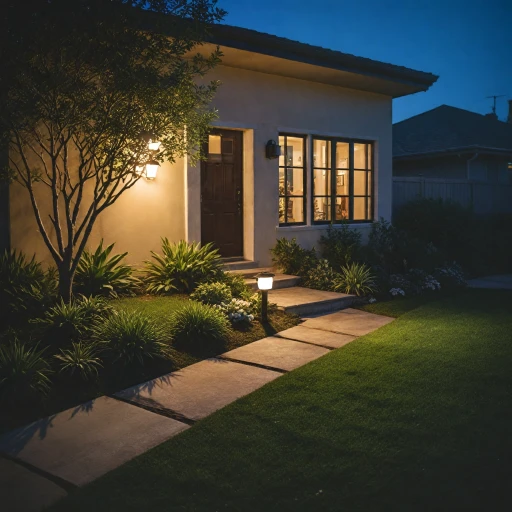
Understanding Intercom Systems for Home Security
Exploring Intercom Systems for Enhanced Security
The modern home's security landscape is evolving, and more homeowners are turning to intercom systems to boost safety. These systems allow for efficient communication within the house and control over access points such as the front door. Intercoms are not just a method of communication; they become a crucial part of a robust home security system. By understanding how these systems work, homeowners can make informed decisions that complement their existing security arrangements. Intercom systems are designed to facilitate seamless communication throughout a home, whether it's room-to-room interactions or speaking with someone at the door. They come in various forms, ranging from simple wired systems to advanced wireless units equipped with video capabilities. The evolution of these systems means that integrating them with other security features like cameras is now easier than ever, allowing for comprehensive security solutions tailored to specific household needs. For those with larger homes or multiple entry points, intercoms offer peace of mind through remote communication and control. With the right setup, you can screen deliveries or allow access to service personnel while monitoring everything from the comfort of your living room. This functionality enhances not only security but also convenience in managing day-to-day activities around your home. For more insights on choosing the right security features for your home setup, consider exploring options like black smoke detectors to further enhance your home security.Benefits of Installing an Intercom System
Enhanced Communication for Home Security
Intercom systems serve as an essential tool for enhancing home security by facilitating seamless communication within a house. When installed, they offer several tangible benefits.- Convenient and Secure Communication: An intercom system allows you to communicate effortlessly with family members in different rooms via speaker units. This enhances security by keeping communication confined to the premises, reducing the need for mobile phones, which can be a distraction.
- Screening Visitors: An intercom at the door enables screening of visitors or deliveries without opening the front door. This step is crucial for maintaining peace of mind, ensuring that you engage only with expected guests.
- Integration with Home Security: As part of a smart home, some intercoms can integrate with security cameras and other security systems, providing a comprehensive safety net and an opportunity to monitor certain areas visually.
- Remote Control Access: Many modern systems come with remote or wireless access capabilities, allowing you to manage your intercom unit via a smartphone or control system, whether you're in another room or away from home.
- Efficient Communication in Larger Homes: In larger homes, traditional shouting between rooms is impractical. A room intercom provides efficient means to connect instantly, without disruptions.
Types of Intercom Systems Available
Exploring Different Models of Intercom Systems
Intercom systems aren't one-size-fits-all. There are several types available, each with unique features and benefits that suit different home security needs. From traditional setups to more advanced wireless units, picking the right intercom system can make a big difference in securing your home.- Wired Intercom Systems: These systems are reliable and are often considered for permanent installations. They require wiring throughout your house, which can be initially complex. However, they offer clear communication and are less prone to interference, providing a trustworthy option for households committed to long-term security solutions.
- Wireless Intercom Systems: Wireless systems have become increasingly popular due to their flexibility and ease of installation. They allow for communication between various rooms without extensive wiring. If you're interested in an adaptable setup that doesn’t require major renovations, wireless intercoms might be the right choice for your home security needs.
- Video Intercom Systems: More advanced intercom setups come with video capabilities. These systems not only provide audio communication but also feature video input, allowing homeowners to visually confirm visitors at the door. This can be particularly useful if you're integrating them with your existing security cameras for comprehensive monitoring.
- IP Intercom Systems: For a smart home twist, IP intercom systems offer integration with other smart devices through your network. These systems allow for remote control and monitoring, even when you're not home, giving you peace of mind by maintaining an additional layer of security. They are an ideal choice if you're looking to consolidate home security features into a single smart system.
Integrating Intercom Systems with Security Cameras
Seamless Integration of Intercom Systems with Security Cameras
Integrating intercom systems with security cameras is a powerful way to bolster home security. By combining the top features of communication and visual surveillance, homeowners can achieve a more comprehensive security solution. One of the major advantages of integrating these systems is the ability to control access to your home remotely. With wireless intercom systems, you can use remote control features to see and communicate with visitors at your door without being physically present in the house. This not only enhances security but also provides peace of mind, especially when you're expecting a delivery or have an unexpected visitor. Video intercom systems come with built-in cameras that enable real-time video communication. When paired with existing home security cameras, they provide a multi-layered security approach, where you can monitor different areas of your house simultaneously. You can ensure that any blind spots are covered, increasing your home's security coverage. It's also important to consider the volume control feature included in room intercom units, which allows you to manage the audio levels, ensuring clear communication without distortion. The speaker units within intercoms facilitate clear announcement capabilities, making internal home communication smooth and efficient. An added benefit of integrating intercoms with your existing security systems is the flexibility in configuration. Whether you're opting for intercom replacement or setting up a new system home, modern systems allow you to configure them to interact with other smart home devices. For those concerned about data protection, modern intercoms come with robust privacy policies. It is crucial to understand the security features of your system home and how it communicates with connected devices. When you choose a system that prioritizes encryption and data protection, you enhance the overall safety of your home. Maintaining control over who enters and leaves is easier with a well-integrated system that combines the visual strength of video cameras with the seamless communication of intercom home systems. This combined system empowers homeowners to monitor and protect their homes more effectively, ensuring that every entry point is guarded. As you explore your options, consider how the integration aligns with your lifestyle and home security needs.Choosing the Right Intercom System for Your Home
Factors to Consider When Selecting an Intercom System
Choosing the right intercom system for your home involves evaluating several key factors to ensure it meets your security and communication needs. Here are some considerations to guide your decision:
- Type of Intercom: Determine whether a wired or wireless intercom system is more suitable for your home. Wireless systems offer flexibility and easier installation, while wired systems may provide more reliable connections.
- Integration with Existing Security Systems: Consider how the intercom system will integrate with your current home security setup. Systems that can seamlessly connect with security cameras and other smart home devices can enhance overall security and convenience.
- Video Capabilities: Video intercoms provide an added layer of security by allowing you to see who is at your door. This feature can be particularly useful for monitoring deliveries or unexpected visitors.
- Remote Control and Access: Look for systems that offer remote control capabilities, allowing you to manage the intercom from your smartphone or other devices. This feature can provide peace of mind when you're away from home.
- Volume Control and Speaker Quality: Ensure the intercom system has adjustable volume control and high-quality speakers for clear communication between rooms.
- Room Coverage: Assess the number of units needed to cover all necessary areas in your house. A room intercom system should provide comprehensive coverage for effective communication.
- Privacy and Security Features: Check for features that protect your privacy, such as encryption and secure access controls. These are crucial for maintaining the integrity of your home security.
Evaluating Product Reviews and Warranties
Before making a purchase, it's wise to read product reviews and compare warranties. Reviews can provide insights into the reliability and performance of different intercom systems, while a good warranty offers protection against potential defects or issues.
By considering these factors, you can select an intercom system that not only enhances your home security but also fits seamlessly into your lifestyle, providing effective communication and peace of mind.
Installation and Maintenance Tips for Intercom Systems
Efficient Steps for Installing and Maintaining Your Intercom System
When setting up an intercom system in your home, careful planning and execution are required to ensure it functions optimally as part of your broader security systems. Here are some crucial steps and tips to guide you through the process:- Plan Your Layout: Before installing, determine the specific areas in your house where you require intercom communication. Consider key locations such as entry points, main halls, the top of stairways, or frequently used rooms. Mapping out these locations will help in selecting wireless or wired options.
- Choosing Between Wired and Wireless: Depending on the physical layout and size of your home, choose either a wired system for reliability, especially in new constructions, or go wireless for a more flexible installation in existing structures.
- Professional Installation vs. DIY: For a seamless integration with your existing security systems, you might want to enlist the services of professionals. However, several wireless home intercom systems offer do-it-yourself kits that include step-by-step guides and require minimal technical skills.
- Setting Up Remote Control Features: Ensure that your intercom system includes remote control capabilities for added convenience. This feature allows you to control the system from a mobile device or smart home assistant, which is essential for users seeking simplified system management.
- Regular Maintenance: Just as with any other security systems, routine maintenance is key. Regularly check intercom speaker units for any volume control issues or communication lags. It's wise to test the system monthly, inspect the wiring in home settings for wear and tear, and update any software components if applicable.
- Consider Intercom Replacement When Necessary: If your current system is outdated or not functioning properly, consider a replacement. Newer systems offer enhanced features with better integration possibilities, such as video communication and advanced security functionalities.

